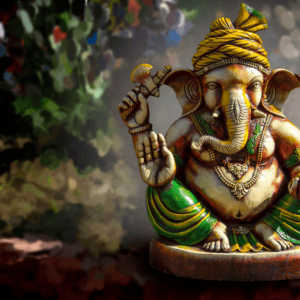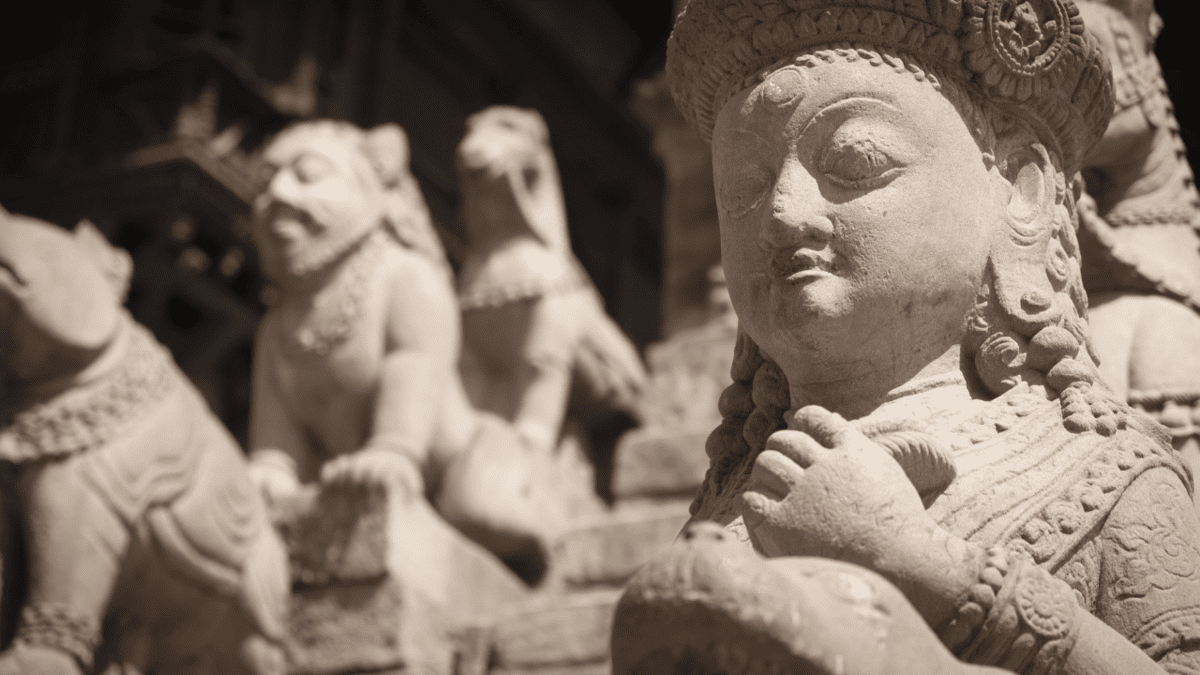
When it comes to matters of faith, Christians often face questions about what they can and cannot do. One such question that arises is whether Christians can eat food that has been offered to idols. This topic has been a subject of debate throughout Christian history, and it’s important to understand the biblical perspective. Let’s delve into this intriguing question and unravel the truth behind it.
Can Christians Eat Food Offered to Idols?
Christians can eat food offered to idols, as idols hold no spiritual power. However, love and consideration for fellow believers should guide their decision, ensuring it doesn’t cause others to stumble in their faith.
Understanding the Historical Context
To understand the significance of food offered to idols, we must consider the historical context of early Christianity. In the ancient world, idol worship was rampant, and various communities would offer food to their deities. This practice raised concerns among some early Christian communities, leading to debates on whether believers should partake in such food.
Clarifying the Misconception
Contrary to popular belief, the Bible provides guidance on this matter. In 1 Corinthians 8, the apostle Paul addresses the issue directly. He acknowledges that idols are merely man-made objects with no divine power. Paul emphasizes that eating food offered to idols is not inherently sinful since idols hold no spiritual authority.
"Now about food sacrificed to idols: We know that “We all possess knowledge.” But knowledge puffs up while love builds up. Those who think they know something do not yet know as they ought to know. But whoever loves God is known by God. So then, about eating food sacrificed to idols: We know that “An idol is nothing at all in the world” and that “There is no God but one.” For even if there are so-called gods, whether in heaven or on earth (as indeed there are many “gods” and many “lords”), yet for us there is but one God, the Father, from whom all things came and for whom we live; and there is but one Lord, Jesus Christ, through whom all things came and through whom we live. But not everyone possesses this knowledge. Some people are still so accustomed to idols that when they eat sacrificial food they think of it as having been sacrificed to a god, and since their conscience is weak, it is defiled. But food does not bring us near to God; we are no worse if we do not eat, and no better if we do. Be careful, however, that the exercise of your rights does not become a stumbling block to the weak. For if someone with a weak conscience sees you, with all your knowledge, eating in an idol’s temple, won’t that person be emboldened to eat what is sacrificed to idols? So this weak brother or sister, for whom Christ died, is destroyed by your knowledge. When you sin against them in this way and wound their weak conscience, you sin against Christ. Therefore, if what I eat causes my brother or sister to fall into sin, I will never eat meat again, so that I will not cause them to fall." 1 Corinthians 8
The Principle of Love
Though Christians have the freedom to eat such food, Paul urges them to consider the impact on their fellow believers. The guiding principle here is love. If eating food offered to idols causes a weaker brother or sister to stumble in their faith, it is better to abstain from it out of love and respect.
Freedom and Responsibility
The New Testament emphasizes the freedom believers have in Christ. However, this freedom should not be used as an excuse to disregard the well-being of others. Christians are called to be responsible and exercise their freedom with discernment.
Cultural and Contextual Considerations
It’s important to remember that the cultural context of idol worship in Paul’s time differs from our present-day practices. In many societies, idol worship is no longer a prevalent concern. However, if participating in certain cultural practices involving food offered to idols undermines one’s faith or witness, it may be prudent to refrain.
Personal Conviction and Conscience
Ultimately, the decision to eat food offered to idols is a matter of personal conviction and conscience before God. While some believers may feel no qualms about it, others may have a genuine conviction to abstain. Each individual should prayerfully seek guidance from the Holy Spirit and exercise their conscience in alignment with biblical principles.
Can Christians Eat Food Offered to Idols Conclusion
Christians are not prohibited from eating food offered to idols. However, the Bible encourages believers to prioritize love, responsibility, and consideration for others. The principle of love should guide our actions, ensuring that our freedom in Christ is exercised with wisdom and compassion. It is crucial to discern cultural and contextual factors and to respect the convictions of fellow believers. Ultimately, our relationship with God and our pursuit of spiritual growth should be at the forefront of our decision-making.

